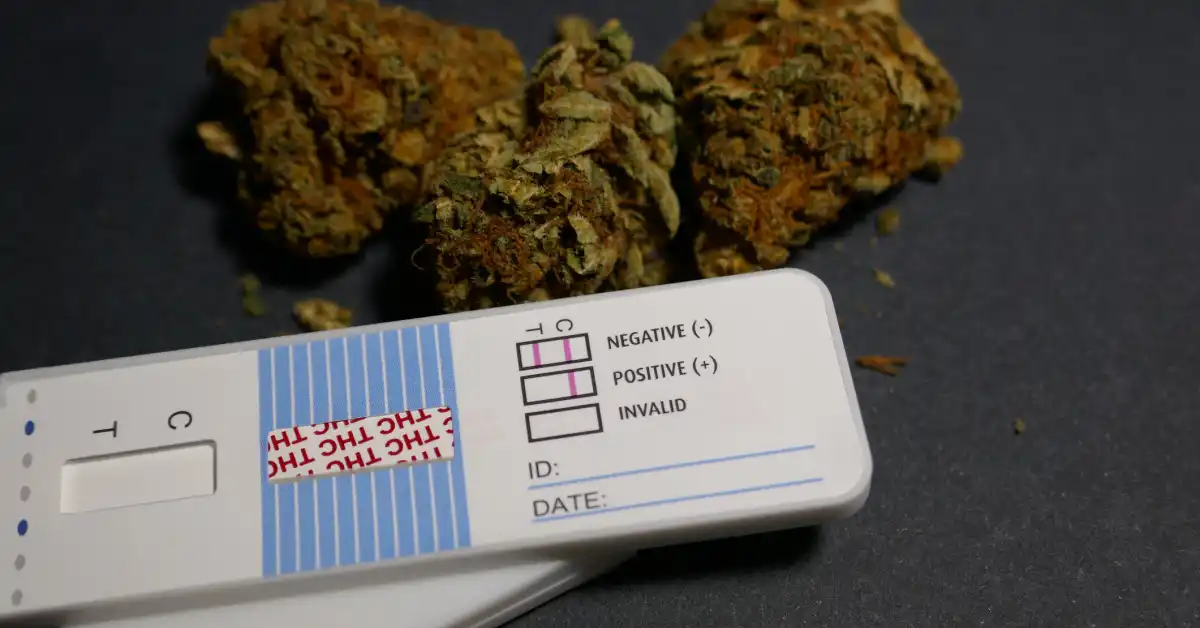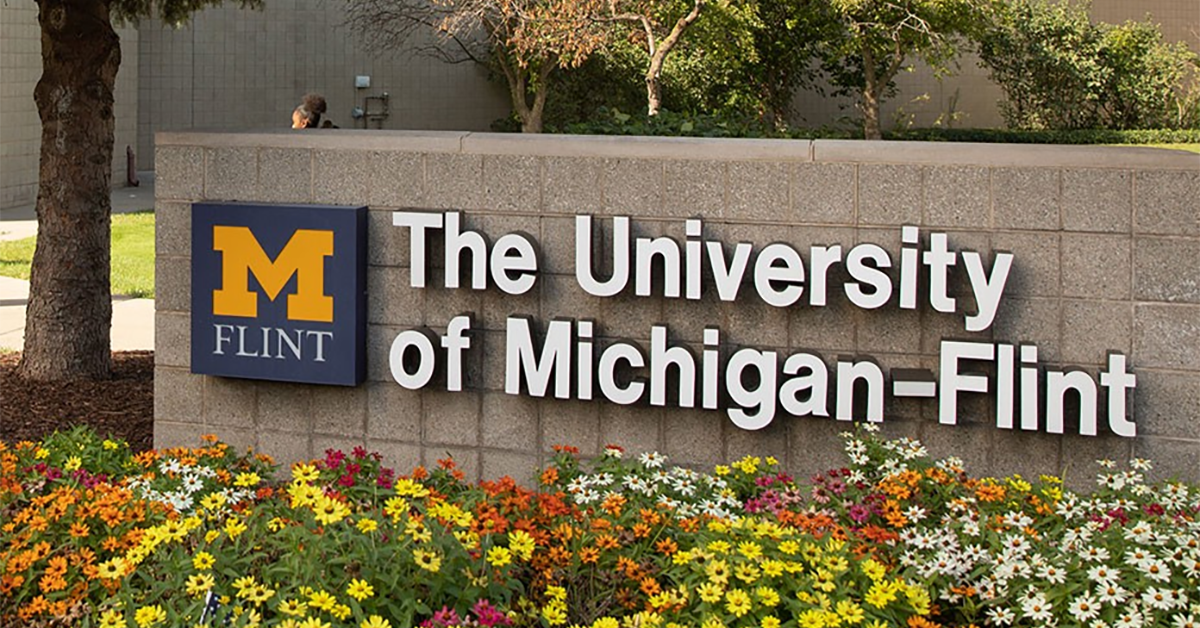Michigan Marijuana Sales Hit New Record in July

Michigan witnessed a record-breaking month in July, with cannabis sales soaring to nearly $277 million. The majority of these sales, amounting to $270,603,217, came from adult-use marijuana, while medical marijuana sales stood at $6,143,046. This represents an increase of over $16 million from the previous record set in June.
The data from the Michigan Cannabis Regulatory Agency (CRA) revealed that the predominant form of cannabis purchased was flower, followed by vape cartridges and infused edibles. This information was initially reported by New Cannabis Ventures.
Interestingly, these escalating sales figures are being recorded even as the average cost of marijuana remains notably low. Currently, the price for an ounce of adult-use cannabis is around $98, compared to its cost of approximately $180 in December 2021. The average cost for medical marijuana in July was slightly higher at $102 an ounce.
Market Dynamics and Regulatory Landscape
The Michigan cannabis market's growth is commendable, but the sector isn't without its challenges. The federal prohibition on cannabis means that many businesses in this space lack access to conventional financial services. This restriction has fostered a predominantly cash-driven industry, which becomes an attractive target for criminal activities.
In a notable incident, former Michigan House Speaker Rick Johnson (R), who later chaired the state's Marijuana Licensing Board, was charged in April for allegedly accepting bribes. The charges pertained to the provision of insider information and aid to specific license applicants. Plea agreements were subsequently reached in this case.
State's Proactive Approach to Cannabis Revenue and Policies
Michigan has actively channeled tax revenues from adult-use cannabis sales for research and public welfare. Last year, regulators disclosed plans to allocate another series of grants to fund research into the therapeutic benefits of marijuana for military veterans. In this phase, the CRA proposed granting $20 million to two universities under the Veteran Marijuana Research (VMR) Grant Program.
Additionally, the state announced the distribution of nearly $150 million in marijuana tax revenue last year. This amount was divided among localities, public schools, and a transportation fund.
In a progressive policy shift, Michigan officials recently revised the state's employment guidelines. As per the new rules, most government job applicants will not be subject to pre-employment marijuana drug testing.
Sylvan Township Contemplates Marijuana Retail Sale

The September 5th Board of Trustees meeting in Sylvan Township's meeting room was filled to near capacity. Many attendees sought to share their perspectives on the potential commercial retail sale of marijuana within the township.
While roughly 40 residents participated, their views might not encapsulate the opinions of the entire township, which boasts a population of over 3,000. Notably, a significant portion of the attendees opposed the introduction of marijuana businesses in the township.
Although Michigan permits the commercial sale of recreational marijuana, the township retains the right to decide on the establishment of such facilities within its limits.
No decisions regarding marijuana were made during the meeting. Instead, the topic was postponed, allowing the board another opportunity to consult the township's attorney about the state's current stance on marijuana. This discussion aims to understand the potential implications and benefits associated with various marijuana operations, be it retail, testing, or cultivation.
The meeting's agenda classified the topic as a discussion item. Key points of consideration included potential benefits to the township, overseeing responsibilities, and specific aspects the township might evaluate.
Mike Van Goor, a resident, voiced his opposition, questioning the necessity of dispensaries within the township when nearby areas like Ann Arbor, Jackson, and Adrian already have them. He referenced Chelsea city and Lima Township's stance against dispensaries, urging Sylvan to align with its neighbors.
The SRSLY coalition, represented by Reiley Curran, Chrissie Kremzier, and Kate Yocum, presented a "Marijuana Fact Sheet" highlighting potential adverse effects on the youth if dispensaries are allowed in the township. Among their points was research suggesting increased marijuana use among youth attending schools near dispensaries and potential links between marijuana use and mental health issues.
The public's concerns primarily revolved around increased accessibility to marijuana and its potential impact on the well-being of local youth.
Following public commentary, a motion was proposed by Board trustee Kurt Koseck to eliminate further marijuana discussions. However, the motion failed with a 2-3 vote. Trustee Sandie Schulze emphasized the need for continuous dialogue and exploration of other marijuana operations like cultivation facilities.
Rod Branham noted ongoing discussions about marijuana and highlighted that just over 50% of township voters supported its legalization.
When it came to tabling the marijuana issue, the board voted 4 to 1, with township clerk Amanda Nimke opposing.
In a follow-up, Nimke expressed her belief that the Board possessed enough information to make a decision on marijuana. She detailed past efforts to gather relevant data and underscored the community's clear stance against marijuana businesses.
Nimke highlighted that during a January 11, 2022 meeting, the topic had been sidelined, and priorities in Sylvan Township remained unchanged. She also indicated that the Board should address more pressing issues that directly benefit the residents.
Supervisor Kennedy acknowledged residents' apprehensions, emphasizing the Board's aim to stay well-informed before making decisions. Kennedy encouraged residents to reach out and share their concerns to ensure transparent and open communication.
Michigan Eases Cannabis Screening for State Jobs

Michigan has updated its employment policies concerning cannabis use. Now, most state job applicants will not undergo cannabis screening tests, aligning the state's stance on cannabis with that of alcohol.
The Michigan Civil Service Commission unanimously endorsed these modifications, which have since been implemented. Before this, a positive cannabis test would exclude applicants from state jobs for a minimum of three years. Such individuals can now apply without delay.
Commission Chair Jose Bolger clarified after the vote, "While cannabis won't be screened during the hiring process, it's imperative that employees remain sober from both alcohol and marijuana during working hours. Tests may ensue if an employee is suspected to be under the influence."
Still, some state roles – those involving driving, law enforcement, or healthcare services – necessitate cannabis screening. Hence, state jobs are now classified as either test-designated or non-designated.
Paul Armentano, NORML's deputy director, who submitted written testimony to the commission, lauded this adjustment. "Urine tests for detecting past cannabis use are invasive, discriminatory, and don't ensure a safer workplace. Such tests don't pinpoint those currently under the influence," he remarked.
Michigan joins a growing list of U.S. jurisdictions enhancing workplace safeguards for cannabis users. Nevada and Washington, along with cities like Atlanta, Baltimore, Kansas City, Philadelphia, and St. Louis, have curbed pre-employment cannabis testing. Meanwhile, California, Connecticut, Washington DC, Montana, New Jersey, New York, and Rhode Island have limited marijuana testing for both current and prospective employees.
Flint's University of Michigan Offers New Cannabis Education Course

In a significant move toward addressing the growing interest in cannabis and its multifaceted history, The University of Michigan-Flint has announced a new course offering this fall titled "The History and Culture of Cannabis." This pioneering class marks the institution's first foray into academic studies based on the marijuana plant.
As various states across the U.S. shift toward the legalization and decriminalization of cannabis, the demand for informed research and knowledge about the plant has skyrocketed. The course aims to provide students with a comprehensive overview of cannabis's historical significance, its present-day uses and implications, and potential future developments.
Content and Curriculum
Though detailed curriculum specifics have yet to be unveiled, the course promises to dive deep into topics such as the ancient usage of cannabis in various cultures, its economic and sociopolitical influences, the changing landscape of laws and regulations, and the evolving perceptions and stigma surrounding its consumption.
The class also expects to address the burgeoning cannabis industry, its role in the modern economy, and the potential ecological, medicinal, and social impacts of widespread cannabis cultivation and consumption.
Following the Trend
The University of Michigan-Flint's new offering is not an isolated instance. Over the past few years, several higher education institutions in the United States have incorporated cannabis-focused courses into their curriculum.
For instance, the University of California, Davis began offering "Physiology of Cannabis" in 2017, aimed at shedding light on the biological and physiological aspects of cannabis. Similarly, Northern Michigan University offers a Medicinal Plant Chemistry program, focusing on the burgeoning field of medicinal plant production and analysis – a significant portion of which pertains to cannabis.
Outside the realm of biology and chemistry, institutions such as Harvard Law School have even started to tackle the subject, with courses focused on the legal ramifications, policies, and business of marijuana.
Why the Focus on Cannabis Education Now?
The changing legal landscape has undeniably played a pivotal role in the inclusion of cannabis in academic settings. Over 20 states, along with the District of Columbia, have legalized recreational marijuana use for adults, while over 35 states have medicinal marijuana programs. This shift has opened up a myriad of opportunities and challenges that necessitate research, informed policy-making, and public education.
Furthermore, with the global cannabis market value expected to grow exponentially in the coming years, it's imperative for the next generation of leaders, policymakers, and professionals to have a holistic understanding of the plant, its potential, and its pitfalls.
The Road Ahead
As the landscape surrounding cannabis continues to evolve, educational institutions are recognizing the value of equipping their students with knowledge about this influential plant. The University of Michigan-Flint's decision to offer "The History and Culture of Cannabis" is both timely and commendable, and it will be interesting to see how other universities nationwide respond to this emerging academic interest.
Only time will tell if cannabis education becomes as mainstream as other subjects, but for now, it's clear that there's a budding interest in understanding the intricacies of this ancient crop.
Chesterfield Welcomes its First Recreational Cannabis Store by JARS

JARS Cannabis, a leading cannabis retailer, has embarked on a significant expansion with the construction of a new retail outlet on Gratiot Avenue near 23 Mile Road. This venture follows their distinction of securing Chesterfield Township's first-ever recreational cannabis license, the company based in Troy disclosed on Wednesday.
Though the chosen site was previously vacant, construction is already underway. A representative from the dispensary revealed that the grand opening is targeted for the end of 2023.
Raymond Abro, the COO of the dispensary, extended his gratitude towards the township's administrative team, notably Supervisor Brad Kersten, Clerk Cindy Berry, and other department heads. Their commendable efforts played a pivotal role during the application and approval stages. "Under the forward-thinking guidance of Supervisor Kersten, Chesterfield has emerged as a progressive community, welcoming our business. We're thrilled to embark on this new journey alongside the community," Abro expressed. He further highlighted the undeniable role of Clerk Berry's office, emphasizing her exemplary leadership and her team's unwavering commitment.
JARS Cannabis views this licensing achievement as a testament to their dedication to supplying superior cannabis products while promoting responsible consumption within the community. As per a company press release, the key aspects of this expansion include:
- Community Collaboration: JARS emphasizes fostering strong ties with the local community, promoting the positive impact of recreational cannabis, endorsing responsible use, and creating job prospects.
- Job Creation: The Chesterfield outlet is expected to significantly boost employment opportunities, thus contributing to the economic growth of the region.
- Product Excellence: Upholding its reputation, JARS will continue its range of top-notch cannabis offerings, from deli-style flower and pre-rolls to vapes, concentrates, and edibles, catering to varied customer needs.
- Educational Initiatives: A pivotal part of JARS' mission is to inform the public about responsible cannabis use, debunk misconceptions, and advocate for safe consumption.
Kersten clarified that Chesterfield Township hasn't established any caps on the number of licenses they can distribute. Potential cannabis retailers simply have to align with the township's zoning regulations.
Established in 2020, JARS Cannabis boasts of a vast network, including 17 outlets across Michigan; and a total of 35 outlets spanning the U.S., with branches in states like Arizona and Colorado.
Medical Marijuana Licenses & Bribes: John Dalaly Faces Sentencing

John Dawood Dalaly, an entrepreneur from West Bloomfield Township, faces potential federal prison time for his involvement in a bribery scheme with Rick Johnson, the former head of Michigan's medical marijuana licensing board. The controversy is the most significant public corruption incident in the Michigan Capitol in three decades.
Dalaly's legal counsel, Raymond Cassar, expressed in recent federal court documents that his client deeply regrets his choices and should be considered for a lenient sentence. Dalaly's health issues, including coronary disease, were cited as factors warranting a reduced sentence.
Dalaly's collaboration with federal investigators and his remorse were emphasized by Cassar, stating, "Mr. Dalaly has consistently cooperated and was prompt to admit his guilt. The repercussions of his actions, especially on his family, weigh heavily on him."
For his involvement in the bribery scheme, Dalaly is set to be sentenced on September 14th by U.S. District Judge Jane Beckering. Prosecutors highlight that Dalaly paid bribes amounting to $68,200 to Johnson in return for medical marijuana licenses.
However, Cassar counters, "John Dalaly's story is a reminder that even good individuals can make grave errors."
Dalaly had entered a guilty plea in April. This followed shortly after charges were announced against him, lobbyists Brian Pierce, Vincent Brown, and Johnson. All parties have now made plea agreements with the authorities and are set for sentencing this month.
Dalaly, aged 71, had earlier agreed to plead guilty to bribing Johnson. The maximum penalty is ten years in prison, a $250,000 fine, and three years of supervised release.
It is noted that Dalaly initiated payments to Johnson in 2018 to secure licenses for a medical marijuana venture and aid in launching a digital payment platform for marijuana transactions. Johnson's wife was also hired by Dalaly at a consulting rate of $4,000 per month.
Cassar added, "John did not have a meticulous plan to bribe Rick Johnson. He acknowledges the glaring 'red flags' in hiring Johnson's wife, even if Rick Johnson justified it as legal."
The defense also took issue with the calculated amount of the bribe and the potential sentencing calculations, suggesting a lower figure and highlighting that Johnson was but one of five board members.
Cassar paints a vivid picture of Dalaly as a dedicated, charitable individual who immigrated from Iraq and is a devoted father and grandfather. One touching moment shared was a conversation between Dalaly and his granddaughter where he admitted to her, "Papa did business with a bad guy."
Cassar concludes, "John confronts the repercussions of his actions daily, especially when witnessing its impact on his family."


 Helpful Links
Helpful Links